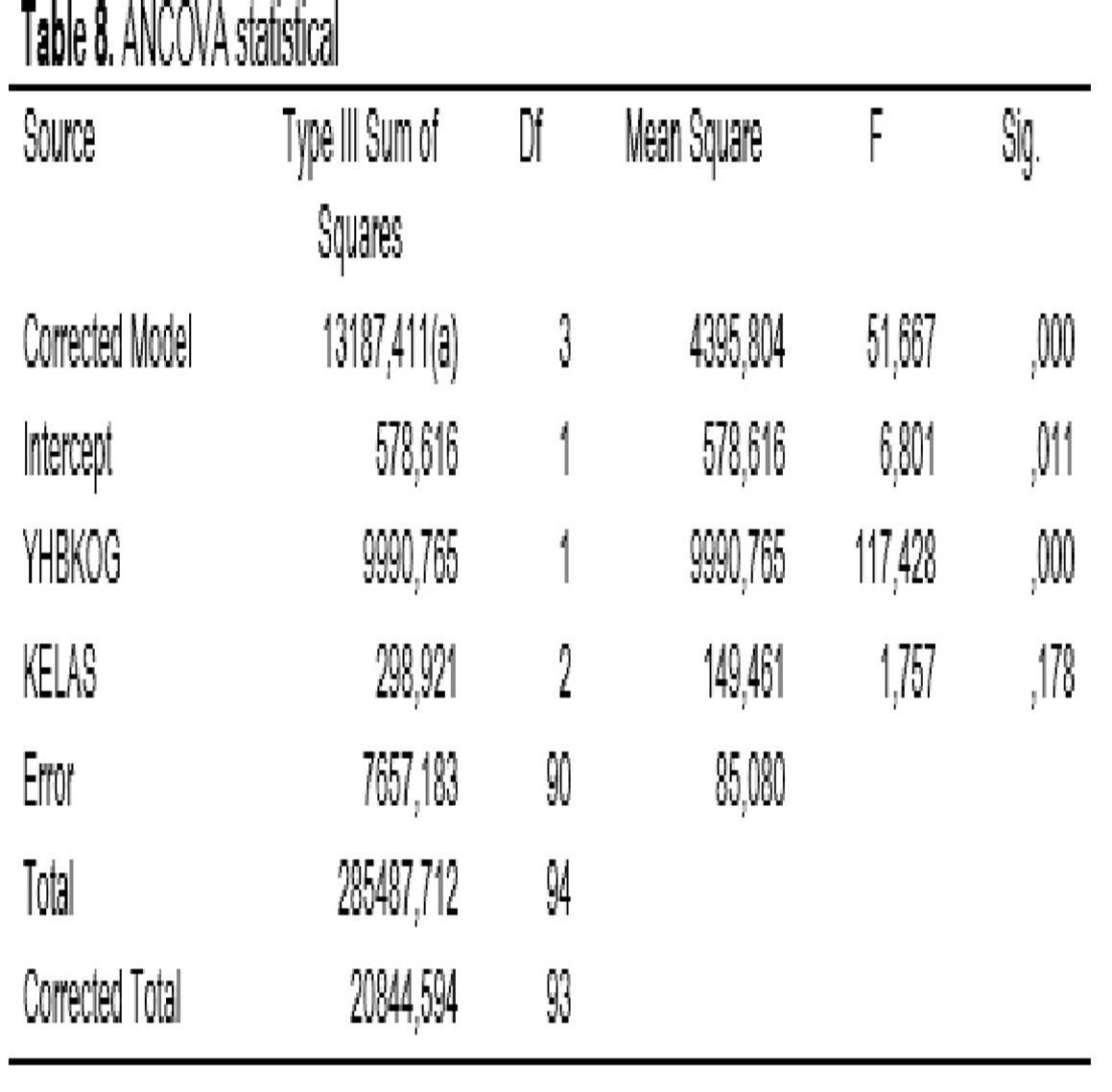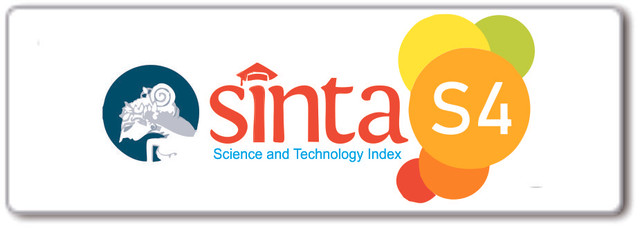Effect of reading strategies, questioning, answering combined with think pair share against metacognitive skills, cognitive learning outcomes and retention
Abstract
The tendency of Natural Science Learning, especially biology today is students only studying biology as a product, memorize concepts, theories and laws. Facts in the field also found that teachers have not empowered the students' potential. Consequently metacognitive skills, cognitive learning outcomes, and low student retention. It takes a learning model that can improve and empower the students' potential. The application of Reading Questioning Answering learning strategies combined with Think Pair Share may increase metacognitive skills, cognitive learning outcomes, and student retention.This study used a quasi-experiment approach (quasi experimental) with a design of non-equivalent pretest-posttest control group design. The research was conducted in the second semester of the academic year 2014/2015 at the high school level in the city of Ambon. The application on the three schools was as follows: SMA N 4 Ambon: RQA, SMA N 5 Ambon: RQA combined with TPS, SMAN 14 Ambon: conventional.The results showed that there is influence of RQA combined with TPS learning model against metacognitive skills, there is the influence of RQA combined with learning model of TPS against cognitive learning outcomes, but there is no influence of RQA combined with learning model of TPS on the retention of students.
Downloads
References
Arends, R. I. 2008. Learning To Teach: Belajar untuk Mengajar Buku Dua. Yogyakarta: Pustaka Belajar.
Bahri, A. 2010. The Effect of the Reading, Questioning, and Answering Learning Strategy in Animal Physiology Lectures on Metacognitive Awareness and Cognitive Learning Outcomes of Biology Students at the Faculty of Mathematics and Natural Sciences, State University of Makassar. Unpublished Thesis. Malang: PPS UM.
BSNP. 2006. Guidelines for Developing the Curriculum for Educational Units at the Primary and Secondary Education Levels. Jakarta: Directorate of National Education, Directorate General of Primary and Secondary Education, Directorate of Educational Personnel.
Corebima, A. D. 2006. Metacognition: A Summary of the Study. Paper Presented at the Metacognitive Training in Biology Teaching for High School Biology Teachers, Community Service Institute (LPKM) UNPAR, Palangkaraya.
Coutinho, S. A. 2007. The Relationship between Goals, Metacognition, and Academic Success. Educate, (Online) 7(1): 39-47. (Accessed from http://www.educatejournalorg, accessed on December 5, 2014.)
Corebima, A. D. 2009. Experiences in Striving to Become a Professional Teacher. Inaugural Lecture for the Professorship at the Faculty of Mathematics and Natural Sciences, UM. Presented at the Open Senate Session of UM, July 30, 2009. Malang: UM.
Lyman, F., & McTighe, J. 1988. Cueing Thinking in the Classroom: The Promise of Theory-Embedded Tools. Association for Supervision and Curriculum Development Educational Leadership.
(This is already in English and does not require modification.)
Mulyasa, E. 2008. Becoming a Professional Teacher: Creating Creative and Enjoyable Learning. Bandung: Remaja Rosdakarya.
Tuckman, B. W. 1999. Conducting Educational Research (5th ed). New York: Harcourt Bruce College Publisher.

Copyright (c) 2024 Monica Hetharia, Aloysius Duran Corebima, Abdul Gofur

This work is licensed under a Creative Commons Attribution-NonCommercial-ShareAlike 4.0 International License.
Authors who publish with BIOEDUPAT: Pattimura Journal of Biology and Learning agree to the following terms:
- Authors retain copyright and grant the journal right of first publication with the work simultaneously licensed under a Creative Commons Attribution License (CC BY-NC-SA 4.0) that allows others to share the work with an acknowledgment of the work's authorship and initial publication in this journal.
- Authors are able to enter into separate, additional contractual arrangements for the non-exclusive distribution of the journal's published version of the work (e.g., post it to an institutional repository or publish it in a book), with an acknowledgment of its initial publication in this journal.
- Authors are permitted and encouraged to post their work online (e.g., in institutional repositories or on their website) prior to and during the submission process, as it can lead to productive exchanges, as well as earlier and greater citation of published work.








 This work is licensed under a
This work is licensed under a 